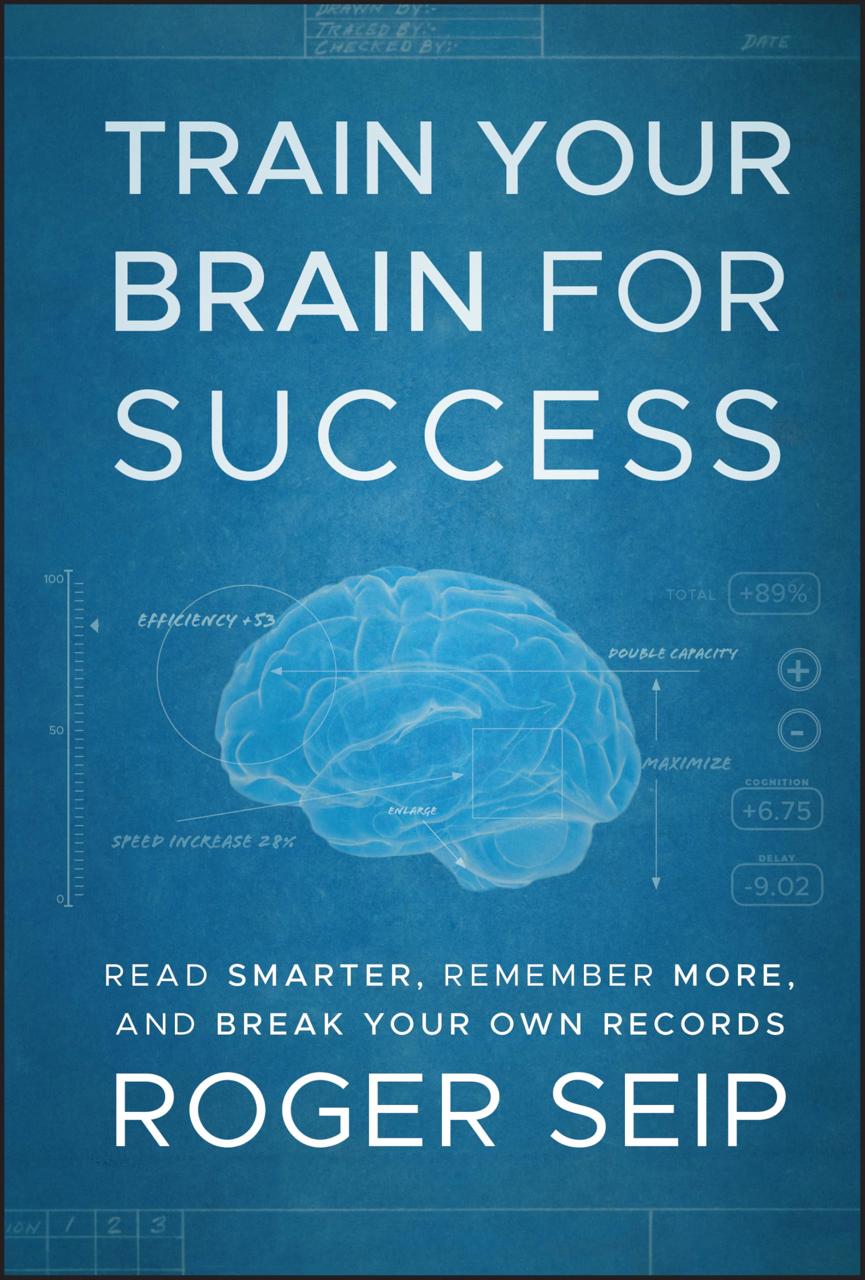Can You Really Train Your Brain to Remember More?
Enhancing Memory: Practical Strategies for Training Your Brain

Frequently Asked Questions
Yes, applying various memory techniques, such as mnemonics, visualization, and spaced repetition, can effectively enhance your memory and retention of information.
The time to see improvements can vary, but consistent practice and application of memory techniques can show noticeable results within a few weeks to a few months.
Step by Step Guide
1
Understand How Memory Works
Memory is a complex process involving encoding, storage, and retrieval of information. Understanding the three stages is crucial for enhancing your memory. Encoding is when you take in information, storage is saving that information for later use, and retrieval is recalling that information when needed.
2
Focus and Minimize Distractions
To train your memory effectively, minimize distractions around you. Create a quiet study area, turn off notifications on your devices, and ensure that your environment is conducive to concentration. Being fully present when learning helps encode memories better.
3
Use Mnemonic Devices
Mnemonic devices are memory aids such as acronyms, rhymes, or visualizations that help you remember information. For example, to remember a list, create a story or a silly phrase that connects the items.
4
Practice Active Learning
Engage actively with the material by asking questions, discussing with peers, and teaching what you’ve learned to someone else. This method reinforces your understanding and improves retention.
5
Chunk Information
Break down information into smaller, manageable pieces. This technique makes it easier to remember large amounts of data. For example, instead of trying to remember a long number, break it into chunks (123-456-7890).
6
Visualize Information
Creating visual images of the information you wish to remember can be a powerful tool. For example, if you're learning vocabulary, try to imagine a scene or image that represents the word.
7
Establish Memory Palaces
A memory palace is a technique where you visualize a familiar place and associate items you need to remember with specific locations within it. When you need to recall the information, you mentally walk through the palace.
8
Repetition and Spaced Practice
Repetition is key to memory training. Practice recalling information at spaced intervals rather than cramming all at once. This technique enhances long-term retention and solidifies what you've learned.
9
Stay Healthy and Active
Physical health can significantly impact brain function. Regular exercise, a balanced diet rich in omega-3 fatty acids, antioxidants, and maintaining hydration can enhance cognitive function and memory.
10
Get Enough Sleep
Sleep is crucial in the consolidation of memories. Aim for 7-9 hours of quality sleep per night, and establish a bedtime routine to improve your sleep quality.
11
Keep Your Brain Engaged
Engage in activities that stimulate your brain, such as puzzles, reading, playing musical instruments, or learning new skills. These activities help create new neural connections and improve brain plasticity.
12
Embrace Mindfulness and Meditation
Mindfulness and meditation can improve your focus and memory by training your brain to be more present and less anxious. Regular practice can enhance cognitive function and retention.
13
Set Realistic Goals
Set specific, achievable goals for your memory training. Track your progress, and celebrate small successes to keep yourself motivated.
14
Stay Socially Connected
Engaging in social activities can help improve cognitive function. Having conversations, participating in group activities, and maintaining friendships can bolster your memory and brain health.
15
Evaluate and Adjust Your Techniques
Periodically assess your progress and adjust your memory techniques based on what works best for you. Everyone's brain is different, so find the strategies that resonate with your learning style.








